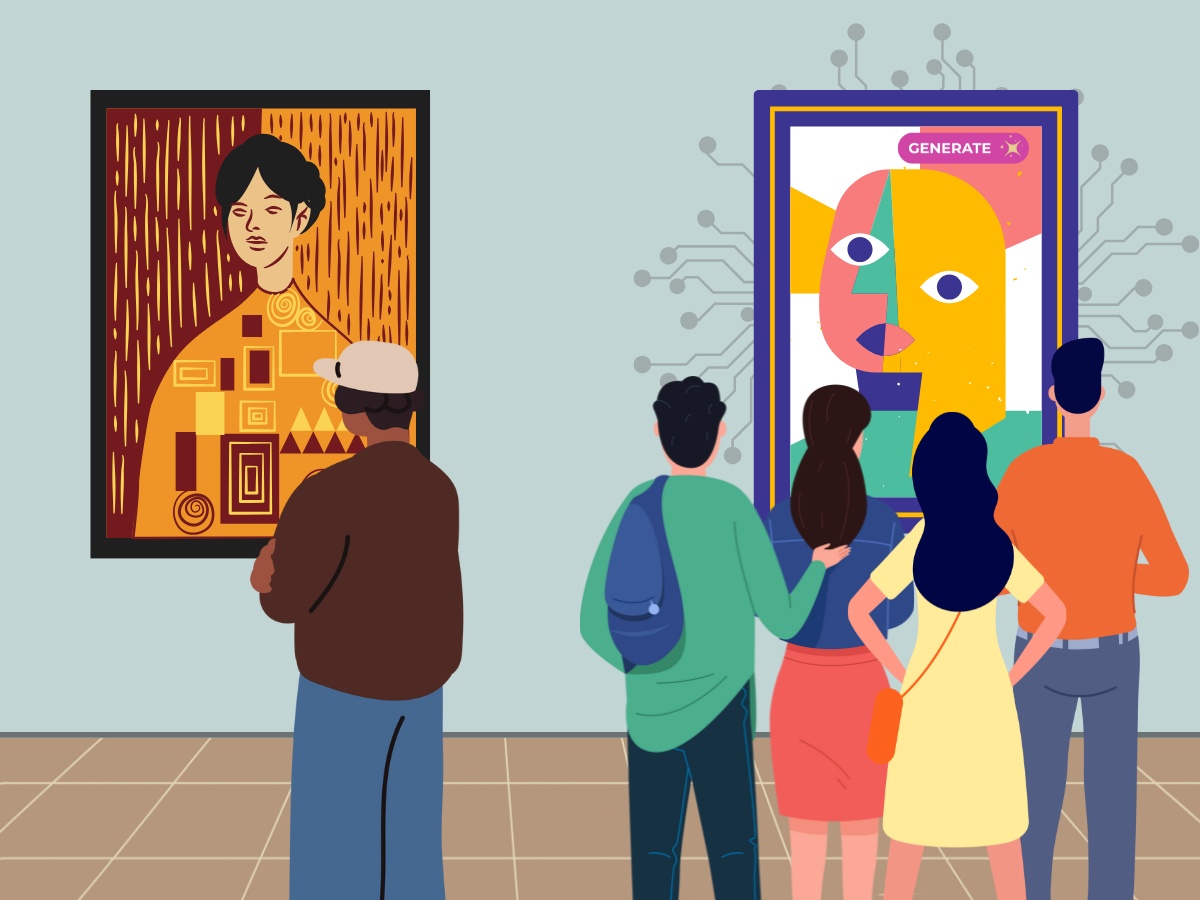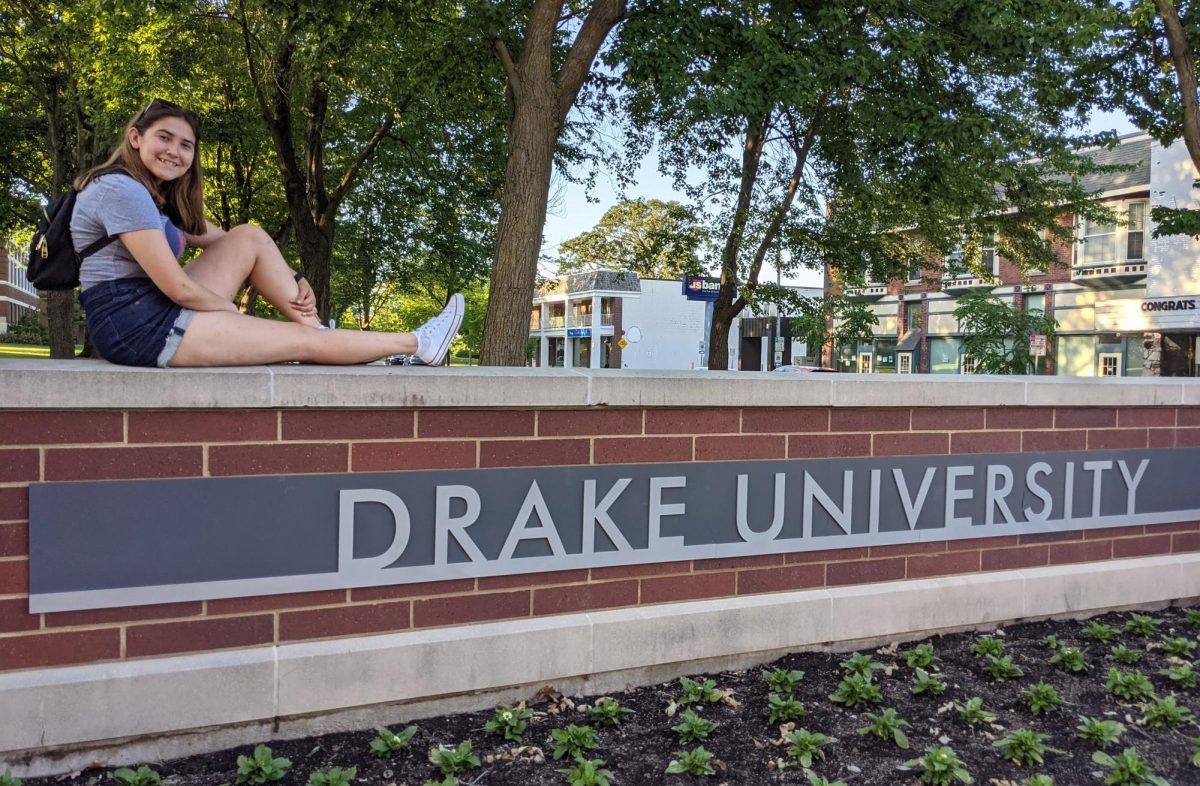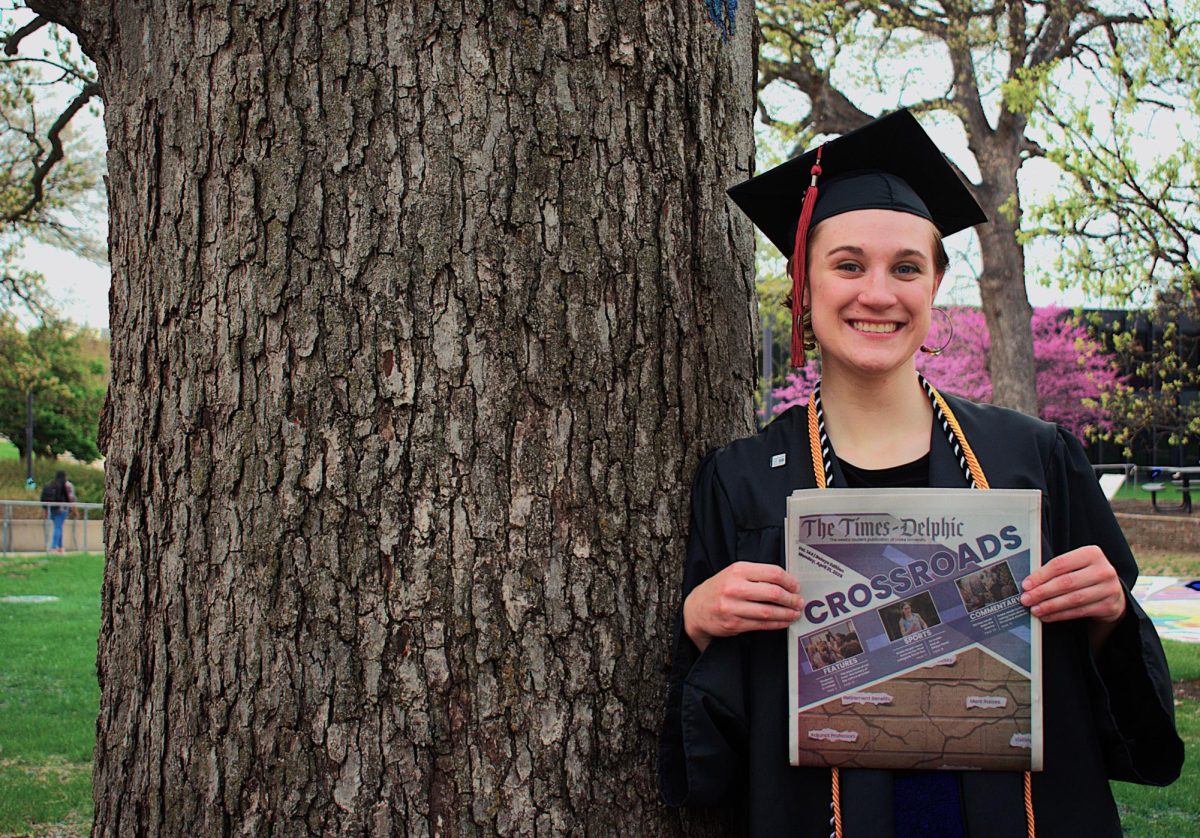Welcome back, Potterheads! As we return to the Wizarding World with the re-release of the “Harry Potter and the Deathly Hallows” double feature, we must talk about the cruel underwriting of Ron. Ron’s a fan favorite when it comes to the books — he’s sweet, loyal, protective and a great friend, and his family essentially adopts Harry. More importantly, he feels real — he gets insecure, he’s unsure sometimes, but he’s still very understanding and a dependable friend.
When your best friend is Harry Potter, “The Chosen One,” insecurity is natural, especially for a preteen boy. Rowling addressed it well. His character is possibly the most complexly human of them all — he messes up but owns up to it, he feels like he’s not enough yet doesn’t hesitate in sharing his family with his friends, he’s stubborn but acknowledges it. He matures as he grows, and he shines among the cast of characters because of his relatability.
The movie lets him down significantly. Some of his best moments are handed to Hermione, and he’s greatly reduced to plain comic relief and a conflict creator. In the books, he stands up on a broken leg and tells a supposed mass murderer that he’d have to kill all of them to get to Harry. In the movies, he’s little more than a source of amusement, constantly bemoaning and just overall comes off as insensitive and unaware of his friends’ feelings. His nonexistent character arc in the final films feels underwritten and unearned because the earlier films don’t do justice in developing and presenting his insecurities well, which, in turn, makes his abandonment of Harry and Hermione in the first part of the Deathly Hallows feel more selfish and unjustified than it does in the books.
Rupert Grint does a great job with the limited material he’s given — playing the sensitive, depressed Ron as great as he plays the jester, but it isn’t enough to save a severely underdeveloped character. His performance shines when he’s actually given something good, delivering the best performance amongst the lead cast members. His performance in the sequence in the first “Deathly Hallows” movie, where he stands up to tear through the visual playing on his insecurities and hopelessness that the Horcrux creates, is brilliant.
Another massive let down is the big climax fight between Harry and Voldemort. Voldemort thrives on his reputation — the immortal, shrouded in mystery and fear. In the book, surrounded by everyone, Harry calls him by his name — not “the one who shall not be named,” “you know who,” “the dark lord” or even Voldemort — just Tom. Names hold power, and suddenly, the fear of his name fades away.
He’s defeated by a boy that still knows how to love and reduced to just another man who pursued power and immortality and failed. When his body drops dead on the ground, so does the power of his name and the fear accompanying it, killed by a curse he’d cast upon multiple others in an attempt to live forever. He’s not a deity; in fact, he’s nothing more than a hollow shell of mundanity and mortality. Quoting the book — “Tom Riddle hit the floor with a mundane finality, his body feeble and shrunken, the white hands empty, the snakelike face vacant and unknowing. Voldemort was dead, killed by his own rebounding curse, and Harry stood with two wands in his hands, staring down at his enemy’s shell.”
In an attempt to make the movie look more cinematic and epic, Voldemort vanishes into the air in bits and pieces as he’s defeated, which reduces the symbolic impact of the climax of the books. The fight doesn’t even happen in the presence of others, which is an integral part of the sequence in the books.
Despite all this, the movies are still quite good. Someone who’s never read the books will definitely appreciate the movies a lot more. The CGI holds up very well, the cinematography reflects the mood and tone of the films brilliantly, the narrative is well-paced and the acting is fantastic. The story itself, apart from certain character inconsistencies, is well written, and the first film builds up very well to the second one. However, to someone who’s read the books, the films simply won’t measure up.







